Description
CBSE Class 9 Mathematics is a crucial stepping stone in a student’s mathematical journey. It builds upon previously learned concepts and introduces new, more complex ideas that are fundamental for higher-level mathematics and various real-world applications. The curriculum is designed to develop logical thinking, problem-solving skills, and a strong foundation in mathematical reasoning.
Key Areas of Study:
- Number Systems: Exploring different types of numbers (rational, irrational, real), their representation on the number line, and operations on them.
- Polynomials: Understanding algebraic expressions, including polynomials, their factorization, and the Remainder Theorem.
- Coordinate Geometry: Plotting points on a coordinate plane and understanding the relationship between coordinates and geometric figures.
- Linear Equations in Two Variables: Solving linear equations graphically and algebraically, and understanding their applications.
- Introduction to Euclid’s Geometry: Exploring the basic postulates and axioms of Euclidean geometry and their applications.
- Lines and Angles: Studying the properties of lines, angles, and triangles, including congruence and angle relationships.
- Triangles: Delving deeper into the properties of triangles, including congruence, similarity, and area.
- Quadrilaterals: Exploring the properties of different types of quadrilaterals, such as parallelograms, rectangles, and squares.
- Areas of Parallelograms and Triangles: Calculating the areas of these figures using various formulas and theorems.
- Circles: Studying the properties of circles, including chords, arcs, and angles subtended by them.
- Constructions: Performing geometric constructions using compass and ruler.
- Surface Areas and Volumes: Calculating the surface areas and volumes of cubes, cuboids, spheres, hemispheres, and cylinders.
- Statistics: Collecting, organizing, representing, and analyzing data using various statistical measures.
- Probability: Introducing the basic concepts of probability and calculating the probability of simple events.




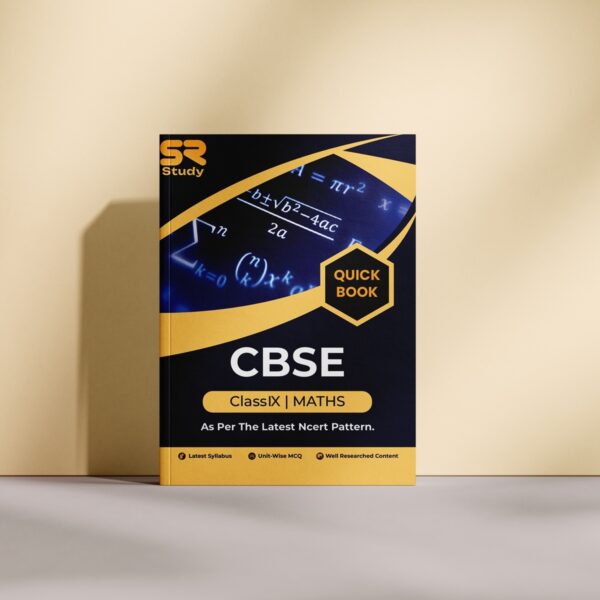
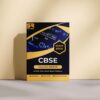
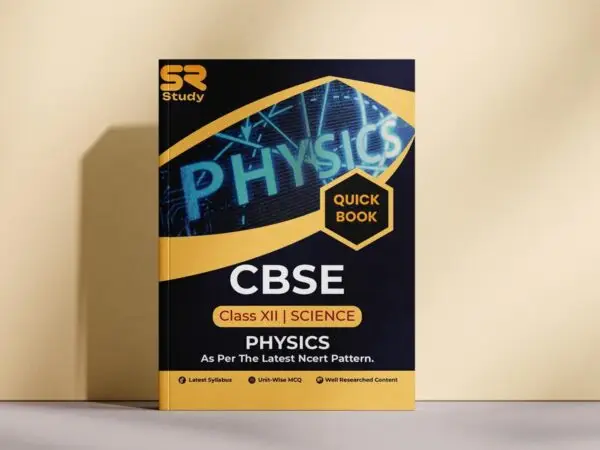
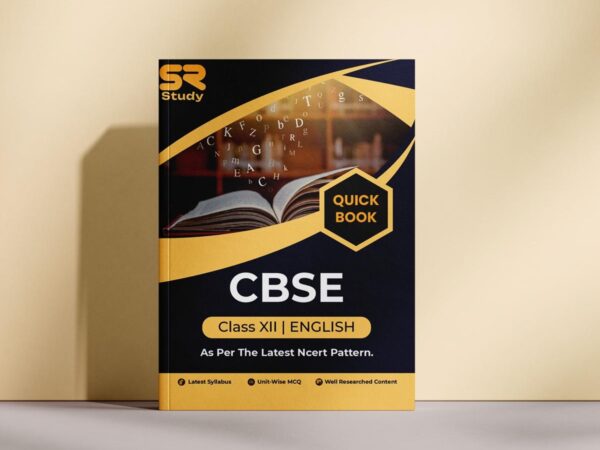

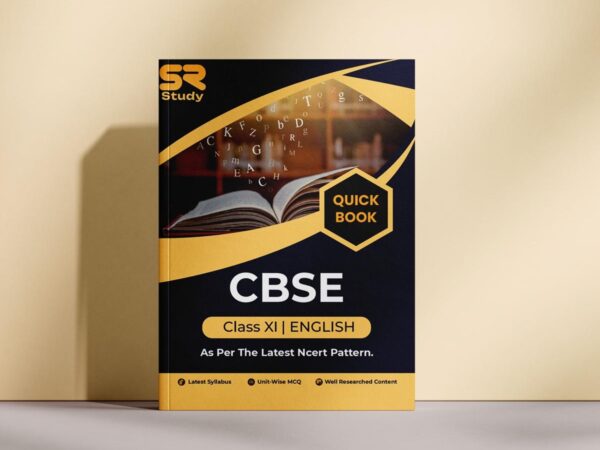
Reviews
There are no reviews yet.